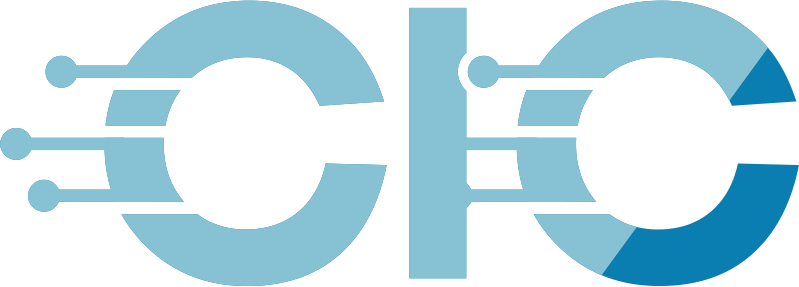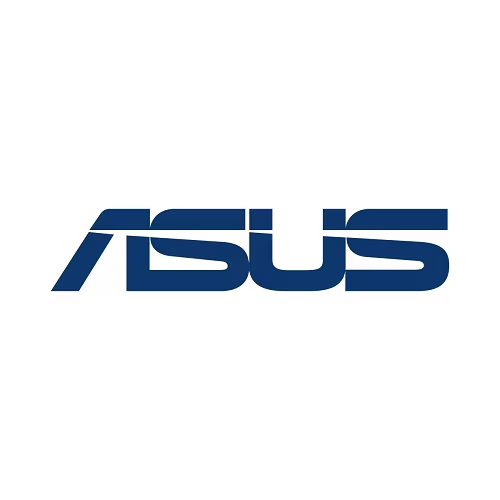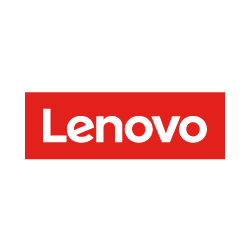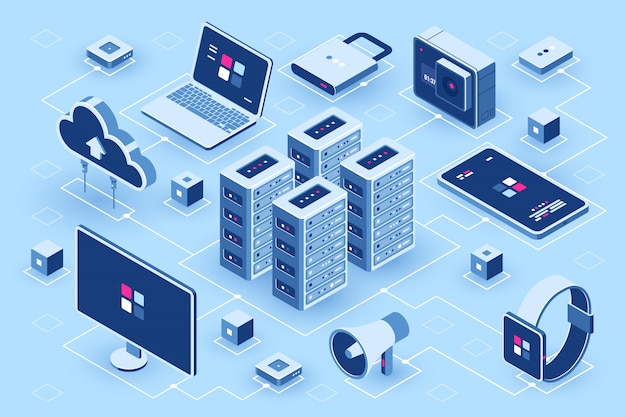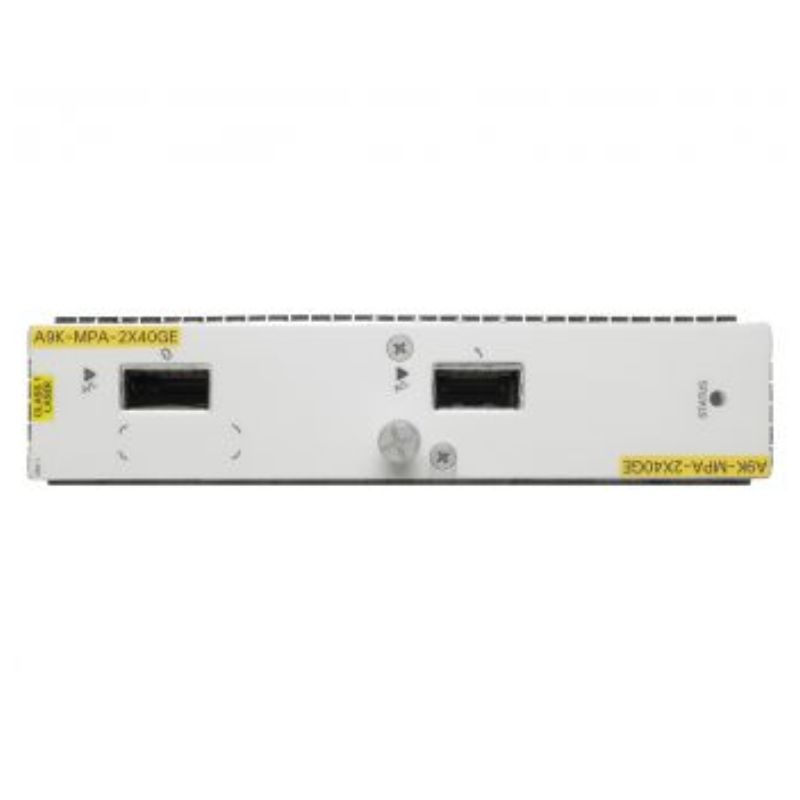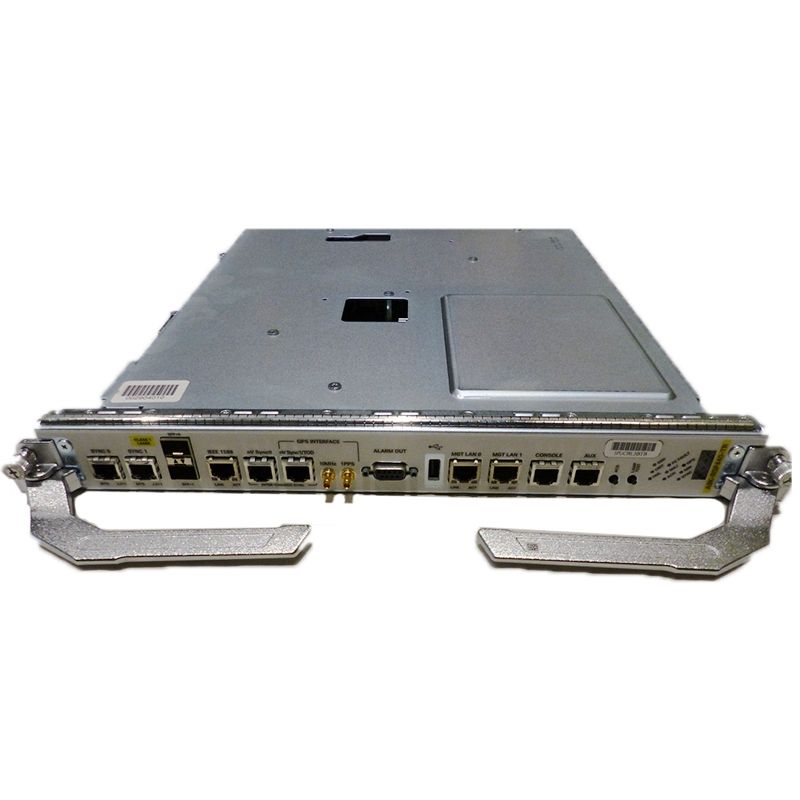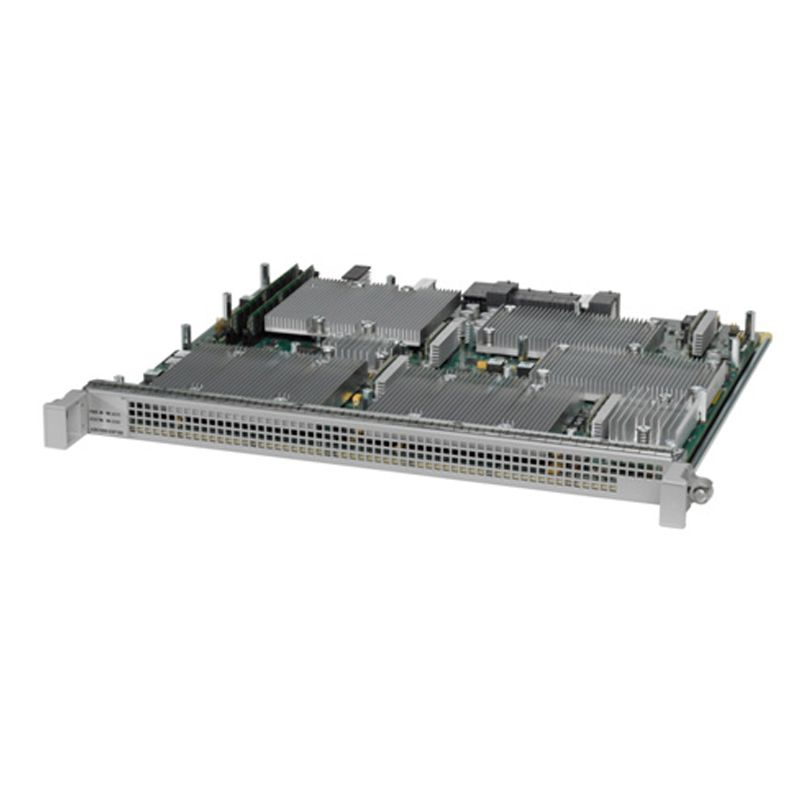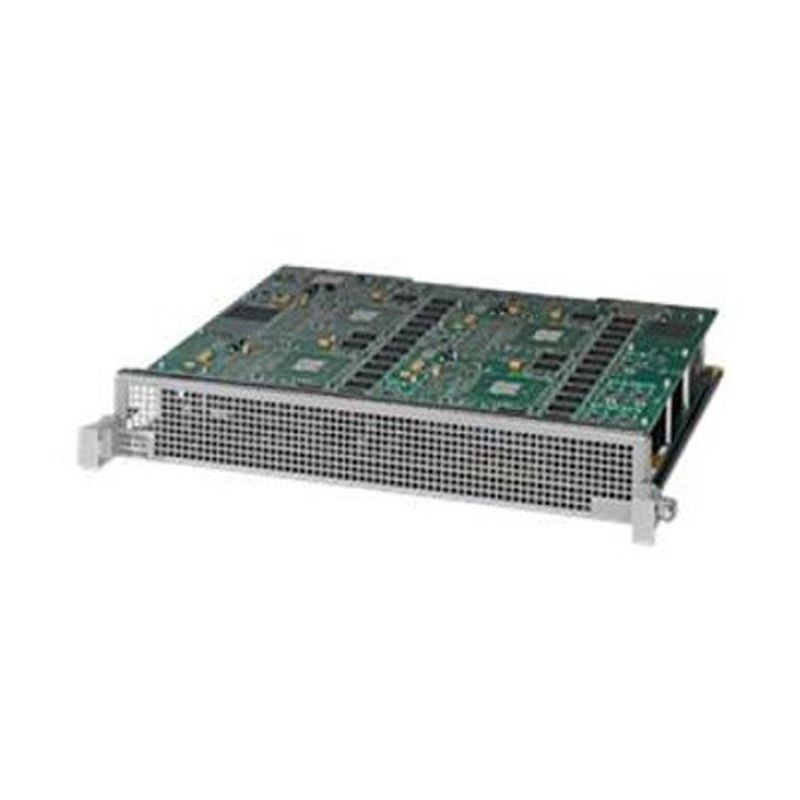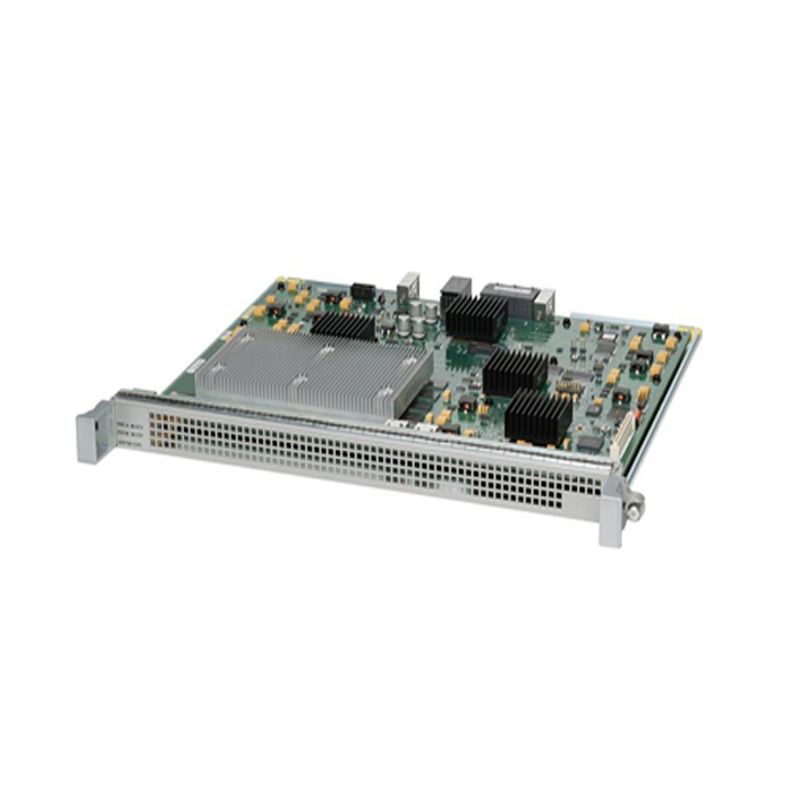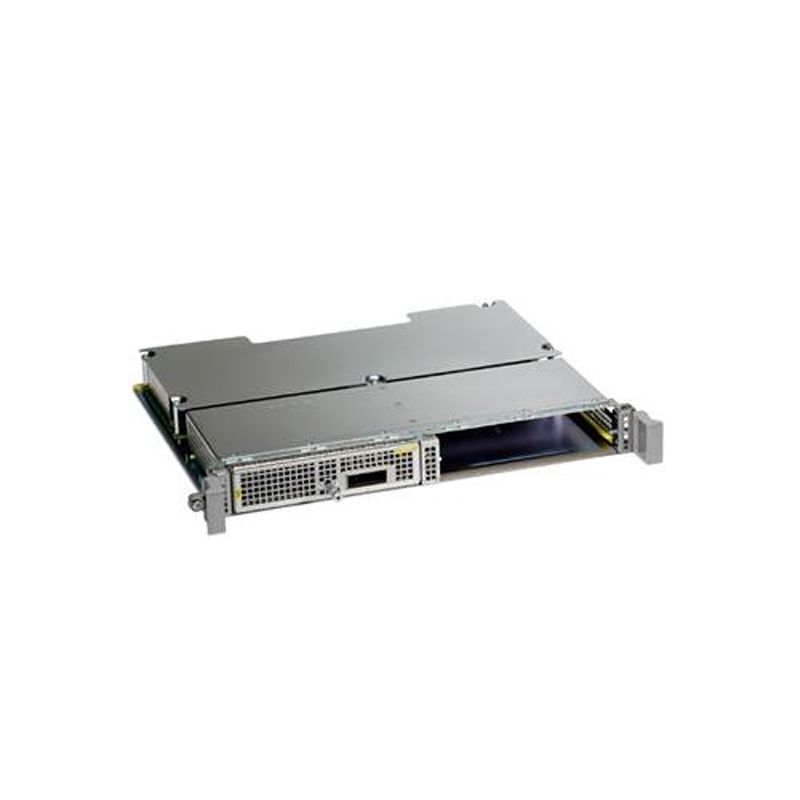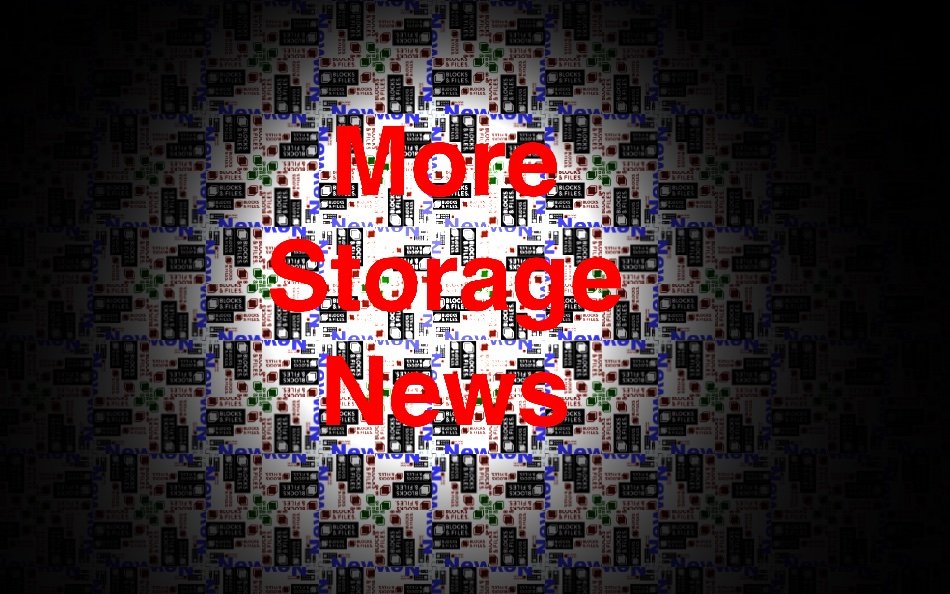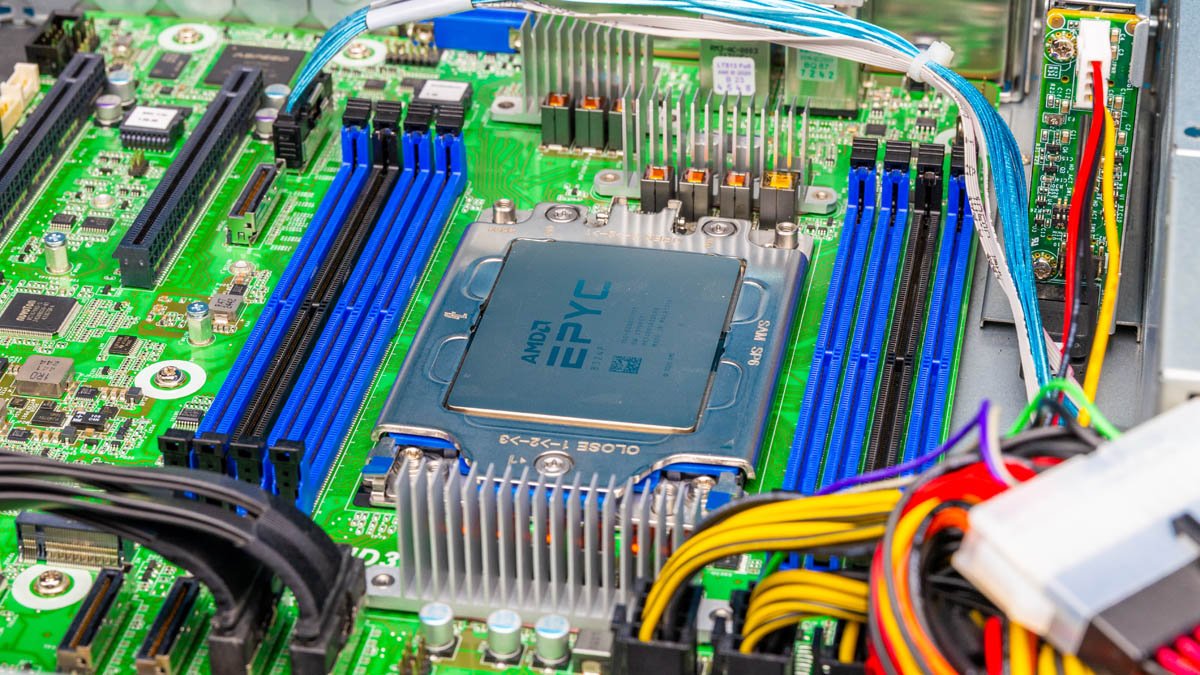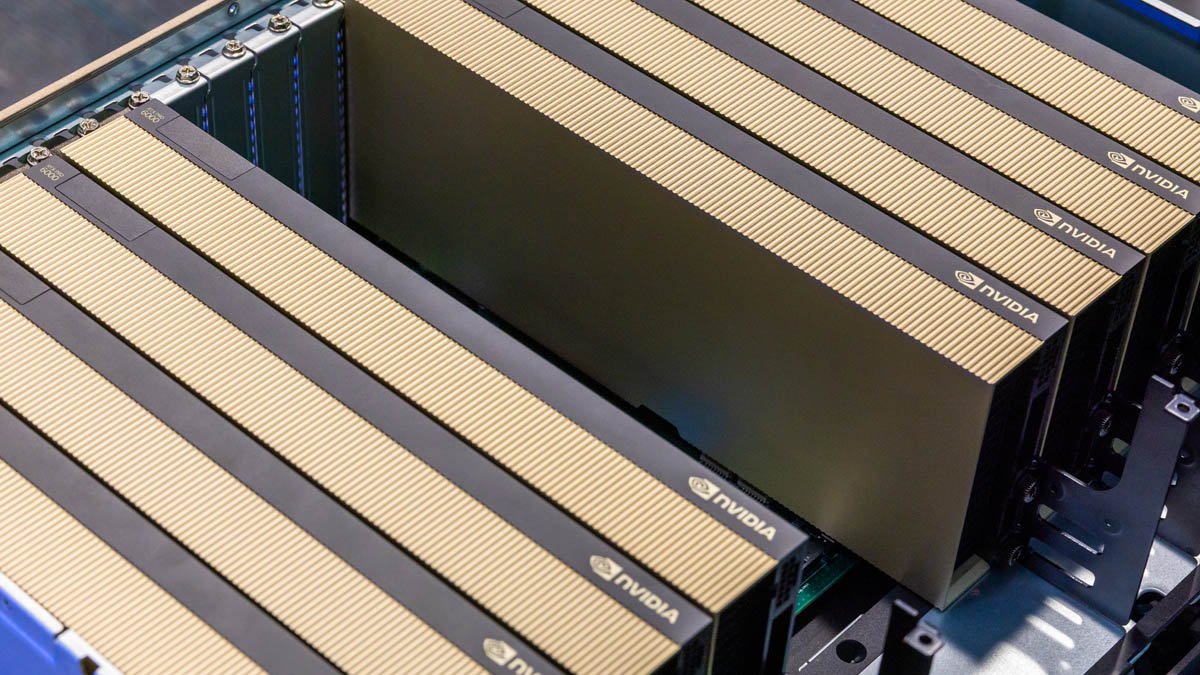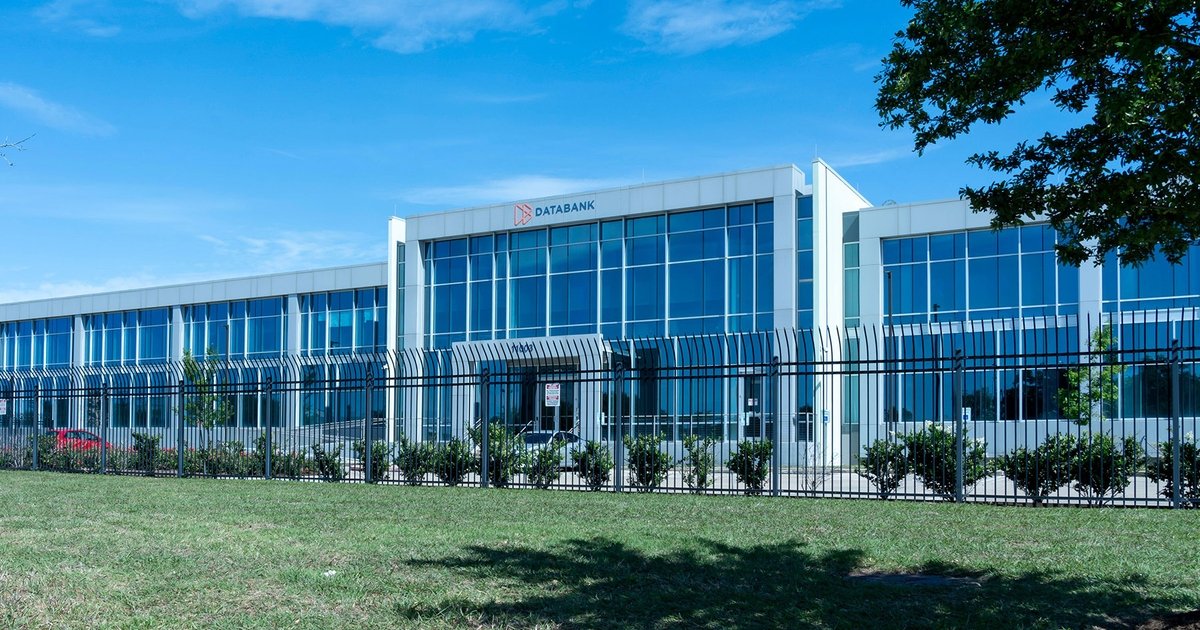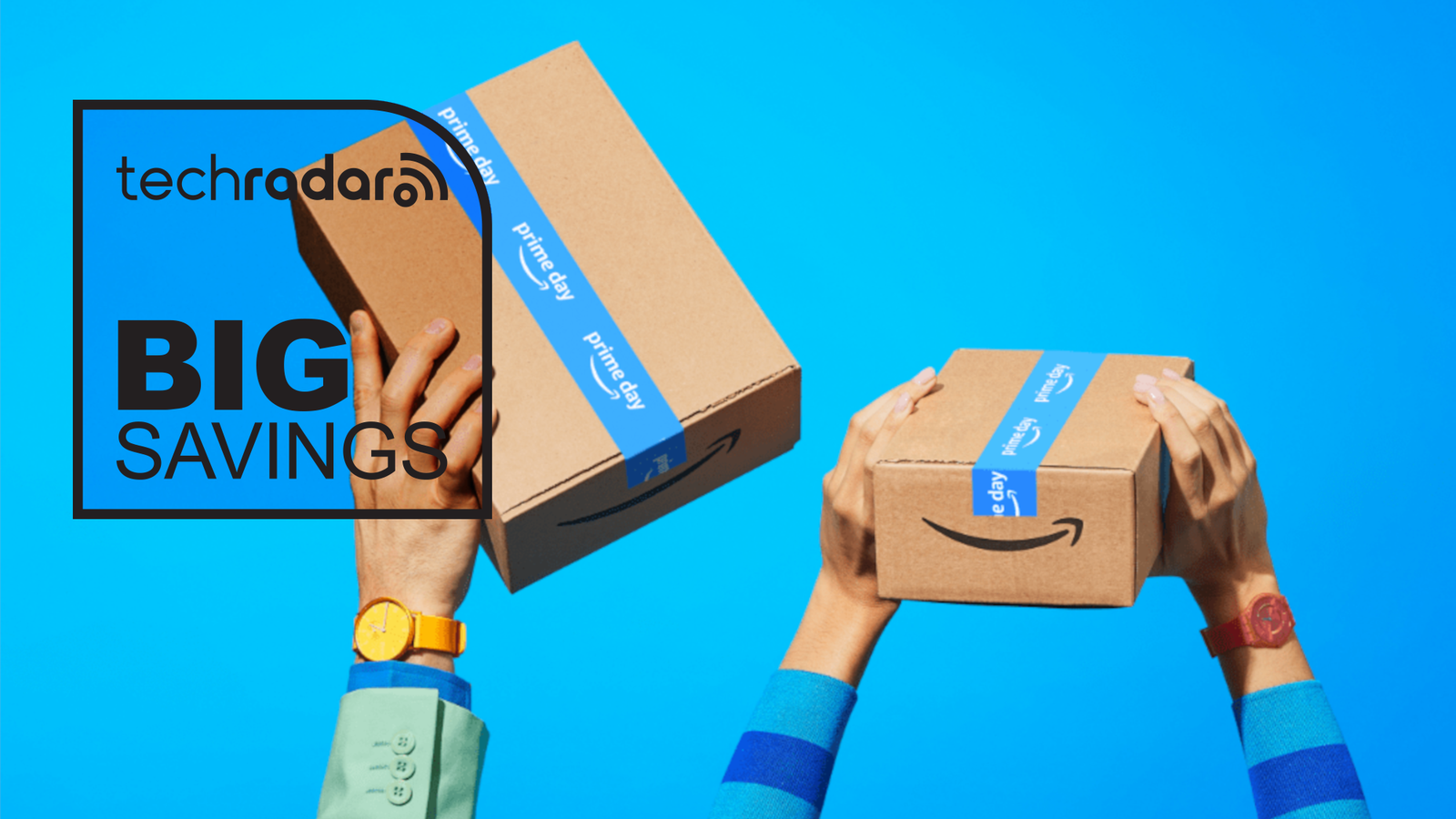New Open-Source Framework Could Solve Quantum Computing’s Calibration Challenge
Quantum computing represents a groundbreaking frontier in technology, promising to revolutionize fields from cryptography to drug discovery. However, the journey from theoretical concepts to practical applications is laden with challenges, one of the most significant of which is the calibration of quantum systems. Recently, a new open-source framework has emerged, poised to address this critical issue and accelerate the development of quantum technologies.
Understanding the Calibration Challenge
Calibration in quantum computing involves fine-tuning the quantum bits (qubits) to ensure they operate optimally. Unlike classical bits, qubits are sensitive to noise and environmental factors, which can lead to computation errors. Effective calibration is essential for maintaining coherence and achieving reliable results from quantum operations.
Historically, calibration has been a labor-intensive and complex process, often varying significantly from one quantum system to another. Researchers and engineers have struggled with the lack of standardized methods and tools, making it difficult to implement robust and efficient calibration processes.
The Emergence of a New Framework
The recently launched open-source framework offers a comprehensive solution to the quantum calibration conundrum. Developed by a collaborative effort of researchers worldwide, this framework integrates algorithms, tools, and a user-friendly interface that simplifies the calibration process.
Key Features of the Framework
-
Standardized Calibration Protocols:
The framework provides a set of standardized protocols that can be adapted to different quantum systems. This ensures consistency across various applications and speeds up the calibration process. -
Automated Calibration Algorithms:
By employing state-of-the-art machine learning techniques, the framework automates many aspects of calibration. This reduces the manual effort required and minimizes human error, leading to more reliable outcomes. -
User-Friendly Interface:
Designed with accessibility in mind, the framework includes a graphical user interface that enables researchers, even those without extensive experience in quantum systems, to engage with calibration processes easily. - Extensive Documentation and Community Support:
Comprehensive documentation complements the framework, providing users with guidance and examples. Additionally, an active community of contributors and users fosters collaboration, helping to continuously improve the framework.
Potential Impact on Quantum Computing
The introduction of this open-source framework marks a significant milestone in the quest for practical quantum computing solutions. By simplifying the calibration process, it allows researchers and companies to focus on developing quantum algorithms and applications rather than wrestling with system errors.
Moreover, the framework encourages collaboration among researchers, leading to faster advancements in quantum technology. This could ultimately shorten the timeline for achieving fault-tolerant quantum computing, a key goal in the field.
Future Directions
As the framework evolves, it will likely incorporate more advanced features, such as real-time monitoring of calibration performance and integrations with quantum software tools. Additionally, ongoing contributions from the quantum computing community may lead to further innovations and improvements, solidifying the framework as an essential resource in the field.
Conclusion
The introduction of this new open-source framework represents a beacon of hope in the challenging landscape of quantum computing. By addressing the calibration issue head-on, it paves the way for achieving more accurate and reliable quantum systems. As the technology matures, we move closer to unlocking the transformative potential of quantum computing, opening new avenues in research and applications that could redefine industries around the globe.
